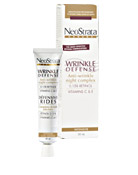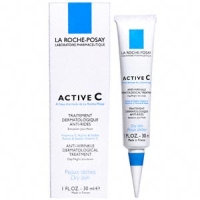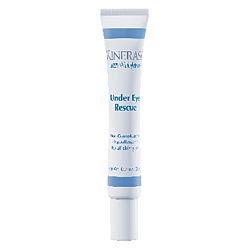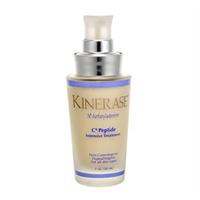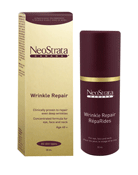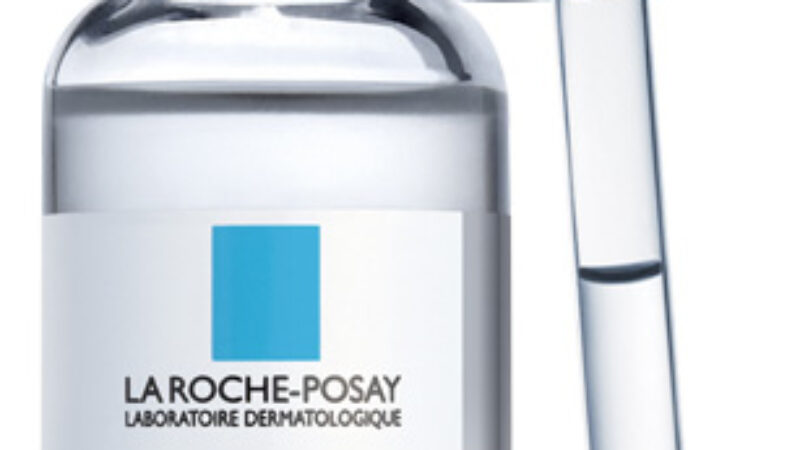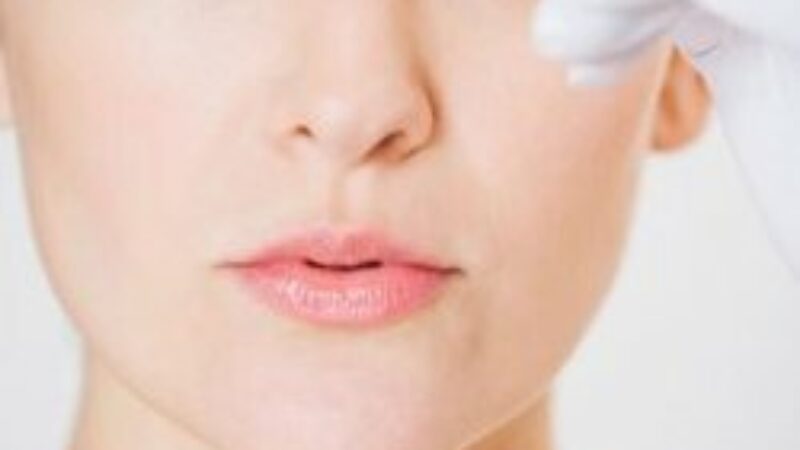What Causes Wrinkles and the Best Anti-wrinkle Solutions
Women (and men) spend a considerable amount of money each year chasing the latest skin care solution promising youth in a jar. And while there are a myriad of effective ingredients to choose from, there are many more that promise, and deliver, nothing more than hype. Can you really find relief for wrinkles in a pretty bottle?
In managing wrinkles, prevention is your best and least expensive strategy:
- Protect your skin from the sun. I can’t stress enough the importance of sun avoidance. Most experts contend that the sun is responsible for over 80% of damage caused to the skin. Use sunscreen every day, even in winter. Go for a minimum of SPF 30 and choose an effective brand like Anthelios that blocks both UVA and UVB rays.
- Moisturize. Moisturizers help your skin to retain moisture keeping skin cells from turning into dry, shriveled ones that create fine lines and wrinkles. Moisturizers won’t prevent wrinkles, but daily use will temporarily mask tiny lines and creases.
- Don’t smoke. Smoking causes narrowing of the blood vessels in the outermost layers of your skin. It also damages collagen and elastin — fibers that give your skin its strength and elasticity. As a result, skin begins to sag and wrinkle prematurely.
What Causes Skin to Wrinkle?
Wrinkling and skin aging are complex processes that involve a combination of amongst other things:
- Intrinsic factors (guided by our genes) such as how fast we age, hormone levels, our immune systems and the genetic make up of our skin
- Extrinsic factors such as sun damage, pollution, smoking, our diets, free radical damage and even gravity.
As we age our epidermal cells on the skin’s surface become thinner, less able to retain moisture and less able to repair itself. Collagen, the skin’s structural support fibers also decreases and elastin, which gives skin its flexibility, wears out. The result – wrinkles, sagging and dry, fragile skin.
So What Are the Most Effective Anti-wrinkle Ingredients?
You’d be hard pressed to find a ‘face-lift in a bottle’ but there are some ingredients that attack problems and offer some improvement. Consider the following ingredients, some which have been discussed in previous newsletters:
| Ingredient | Products |
1. RetinolRetinol is a vitamin A compound that possesses antioxidant properties which help to neutralize free radicals that break down skin cells and cause wrinkles. In addition, it plays a role in helping to create better, healthier skin cells. More potent prescription strength Vitamin A compounds include tretinoin or tazarotene. Avoid Vitamin A derivatives if you’re pregnant or may become pregnant because they increase the risk of birth defects. |
Consider Neostrata Wrinkle Defense Night Complex with Retinol |
2. Hydroxy AcidsAlpha hydroxy acids and beta hydroxy acids are all synthetic versions of acids derived from sugar-containing fruits. These acids act as exfoliants to remove the upper layer of old, dead skin and stimulate the growth of smooth, evenly pigmented new skin. Hydroxy acids increase your susceptibility to sun damage so ensure that you wear sunscreen during use. Neostrata or Reversa offer effective alpha and beta hydroxy preparations. |
Consider Reversa Corrective Night Cream 4% Glycolic Acid. |
3. Antioxidants
|

UltimaSkin Anti-Aging Bundle |
4. Copper PeptidesCopper is a trace element found in every cell. In products applied to the skin, it’s combined with small protein fragments called peptides. Copper peptides enhance wound healing. They also stimulate production of collagen and may enhance the action of antioxidants. |
|
5. Vitamin CLike Vitamin A, Vitamin C is an antioxidant that fights the free radicals that lead to skin aging and wrinkles. It also increases the synthesis of collagen which helps to increase the skin’s supporting structure. And lastly, it has been shown to even skin tone and aid in the repair of sun damaged skin. |
Consider |
6. KinetinStudies have shown that this plant growth factor may improve wrinkles and uneven pigmentation with minimal irritation. It is a good alternative for women who can’t tolerate retinol or Vitamin A derivatives. Though it’s unclear how it works, it may help reduce wrinkles by helping skin retain moisture and by stimulating the production of collagen. It may also be a potent antioxidant. Kinetin is found in the Kinerase line of skin care products. |
Consider the Kinerase range:
|
7. Tea ExtractsGreen, black and oolong tea contain compounds with antioxidant and anti-inflammatory properties. Green tea extracts are the ones most commonly found in wrinkle creams. |
|
8. SoySoy possesses antioxidant and anti-inflammatory effects on skin. It also stimulates collagen which helps to increase the skin’s supporting structure, thereby increasing its thickness and elasticity and inhibits allo-proteinases, enzymes that break down the network of protein that make up the skin’s support layer. |
Consider Reversa Skin Firming Gel formulated with natural soy plus other botanical extracts. |
9. MatrixylMatrixyl is a peptide (protein fragment attached to a fatty acid). Studies have shown that it stimulates the synthesis of the key constituents of the skin matrix: collagen, elastin and glucosaminoglycans. |
Consider Neostrata Wrinkle Repair (5% Matrixyl) |

